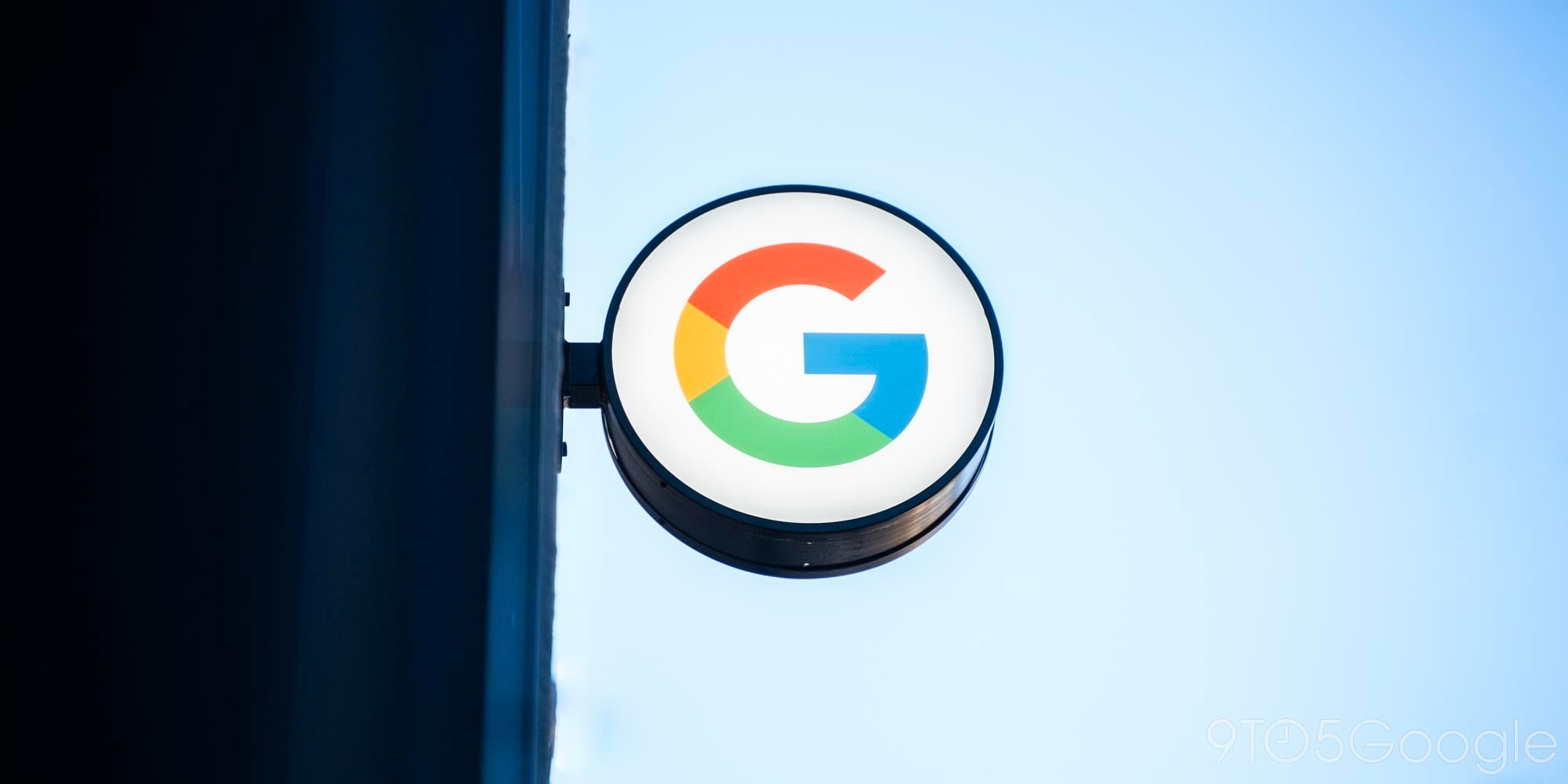

Another “alpha” release of the Project Ara MDK (module developers kit) has been released, and interestingly, it goes into some previously undiscussed preliminary details regarding requirements for developers to submit their modules to the Google-run module marketplace we told you about last month. Also, it was announced today on Phonebloks’ blog that a company called Vestigen, known for creating smart liquid sensors, will be creating a module for the project.
The biggest addition with the MDK 0.2 is a section on the Module Marketplace, which is said to be a lot like a Google Play Store for Ara hardware modules. Unlike the Play Store, however, it seems that this marketplace is going to be much more strictly curated. Google says that there will definitely be a review process of some kind, making sure that all modules are compliant with the MDK itself as well as a regulatory and certification requirements. The following section is from the MDK 0.2 PDF, which you can download from the Project Ara website.
The Ara Developer console will require a Google Account for signup. After signup, module developers and vendors will be able to submit a module offering for a pre-defned review process to ensure modules are compliant with the specifications outlined in this MDK document. Compliance with these specifications, including any applicable regulatory and certification requirements (see section 10 of this document), is required for all modules prior to being listed for sale in the Ara Module Marketplace.
As for the module from Vestigen, the announcement blog post doesn’t go into any detail about what exactly it will do, but Phonebloks did touch on some technology that the company has developed:
Through the company’s research a portable device has been developed, which, in combination with specific sensors, enable users to analyze various types of fluids such as blood, water or food. This analysis instrument is capable of testing specific liquids after dropping them on a sterile microchip without additional tools or chemical substances. The information collected can be transferred to a smartphone to be analyzed, stored and/or shared, for instance with a doctor.
It wouldn’t be too surprising to see modules like this, which serve niche purposes, make it to a Project Ara device in the future. While having a blood sensor on the body of a smartphone might not be useful to most, there are definitely scenarios—such as diabetes for instance—where modules like this one could come in handy.
FTC: We use income earning auto affiliate links. More.




Comments